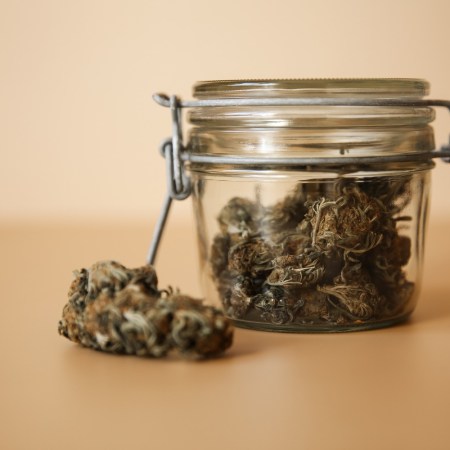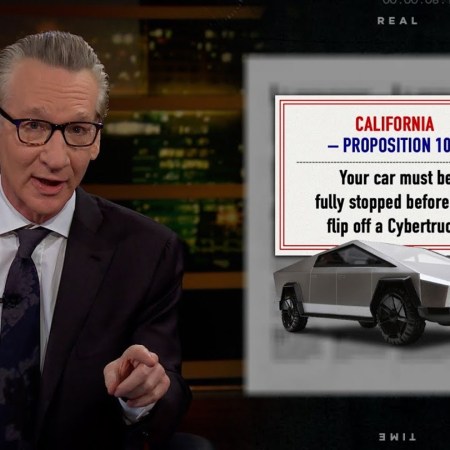The pace at which states are legalizing marijuana has, to date, been a slow and steady one. You could even call it laid-back, if you wanted to go down a metaphorically-rich avenue. But that’s the past, and all signs point to 2020 abounding with states legalizing weed. One might even call it a bumper crop of marijuana legalization.
At least, that’s one potential scenario. At Vox, German Lopez explored the current state of marijuana legalization and found plenty of evidence that this year could make for some massive changes in how weed is handled across the country.
This year began with a significant milestone: Illinois’s legalization of recreational weed went into effect when 2020 began. But that’s just the beginning; Lopez writes that “at least 18 states stand to loosen their marijuana laws just this year.”
Among the highest-profile states where the laws could change? Populous states like New York and New Jersey, both of which have laid the groundwork for legalization in recent years.
In a recent discussion on New York’s legalization prospects in The New York Times, Albany bureau chief Jesse McKinley noted that one of the lasting questions over legal weed in the Empire State is how tax revenue made from it will be handled. McKinley points to Assembly member Crystal Peoples-Stokes as a key lawmaker in this debate:
She wants guarantees that if lawmakers legalize marijuana, significant revenue will be spent in communities of color, and not just put in the general fund or frittered away on other things.
As for New Jersey, residents of the state are set to vote on a ballot measure concerning legal marijuana. Governor Phil Murphy was elected with legalizing marijuana as part of his campaign platform, but efforts to pass a bill to that effect never quite coalesced. Still, as Amanda Hoover writes for NJ.com, the ballot measure isn’t without some complications of its own.
The ballot question has left both those who support and oppose legalization wary; supporters worry the brevity of a ballot question will fail to encompass topics like social justice and revenue in the depth legislation could have, while opponents feel lawmakers are punting their duty to the public after failed attempts to pass a law and placing the responsibility on citizens instead.
Among the concerns voiced by New Jersey lawmakers is what effect legal weed could have on drivers. Finding a way of determining whether or not a driver is high is harder than figuring out if they’re drunk; the search for a marijuana equivalent to the breathalyzer continues, though the technology could be ready to implement later this year.
There’s also the matter of the gulf between state and federal law. Marijuana remains illegal on the federal level, though the momentum of states legalizing it could prompt changes in that department.
As Lopez writes for Vox, a significant percentage of the population supports legalizing marijuana — making the momentum the movement’s seeing now quite understandable. If that momentum continues, 2020 just might be a watershed year for marijuana in America.
Subscribe here for our free daily newsletter.
Thanks for reading InsideHook. Sign up for our daily newsletter and be in the know.


















